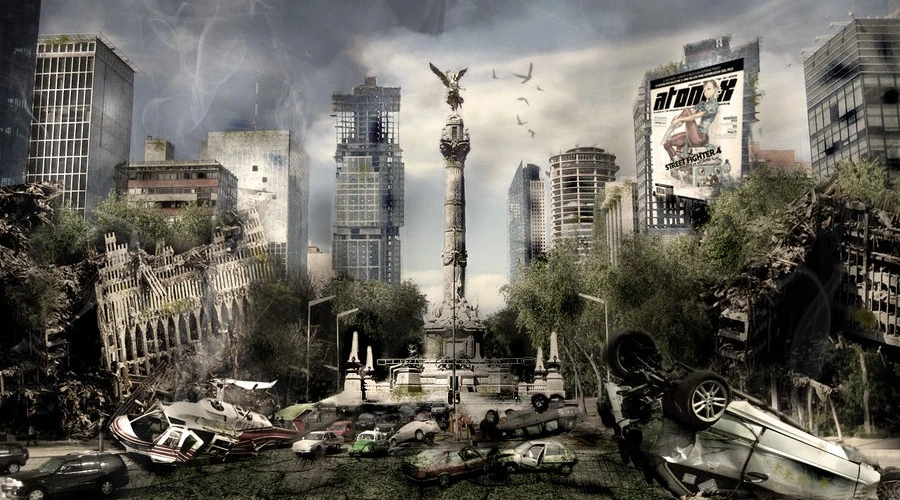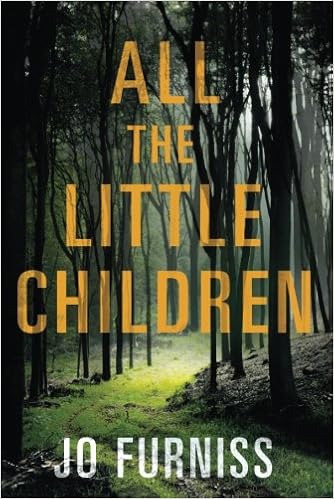500 words from is an occasional series in which writers talk about their newly-published books.
Nigel Barley is a British anthropologist and novelist who has written extensively about Southeast Asia, particularly about Indonesia.
Snow Over Surabaya is a fictionalised account of the life of Muriel Stewart Walker, originally from Glasgow. Under a multitude of different names, including, Surabaya Sue, this self-proclaimed Hollywood scriptwriter joined the struggle for Indonesian independence after the Second World War, and broadcast its revolutionary message to the world on Rebel Radio. She undertook shady business to help finance the new Republic and experienced battle in the November 1945 British attack on Surabaya that some have seen as a war crime. She went on to become an intimate of revolutionary leaders including Bung Tomo and Soekarno, and lived to see Indonesia become a free nation.
Surabaya Sue is virtually unknown in the West and, even in Indonesia, there have always been doubts about her version of events.
Snow Over Surabaya embraces doubt, and brings a spirited account of her adventures to a wide readership.
So, over to Nigel…
Books come to writers in lots of ways – taking shelter from the rain, one day, in Singapore cathedral or a snotty letter from an insurance company. Some have come from other writers.
Island of Demons, my novel about the artist Walter Spies, was born of a lunch with Tash Aw who wanted to find out about Margaret Mead for his
Maps of an Invisible World. Meanwhile,
Snow Over Surabaya was conceived in a Balinese restaurant and literary salon, called Biku, over a very ex-pat tea with writer Tim Hannigan. Both of us had produced a biography of Stamford Raffles but with a different take on the man. I knew Tim must be thoroughly evil to disagree with me on the subject but we were brought together and discovered that we got on like a house on fire. Someone had suggested the subject of Muriel Stewart Walker to him but he hadn’t got along with it. "You do it," he said. "Right up your alley." As he said it, I knew he was right. By the end of tea, I’d written the first paragraph in my head. That makes a book real.
Muriel was born in Glasgow at the very end of the nineteenth century and she lived almost to the end of the twentieth. Along the way, she took many names, Mrs. Pearson, Manxi, Surabaya Sue, K’tut Tantri. She claimed to have worked in the Golden Age of Hollywood, seen a film that made her fall in love with Bali and created the first luxury hotel there. She lived through the Japanese occupation of Indonesia in World War Two, the struggle for independence, the Battle of Surabaya, knew all the revolutionary leaders, did propaganda broadcasts and smuggled guns, money and – probably – drugs, to help the infant republic.
All this, emerges from her autobiography,
Revolt in Paradise (1960). But Muriel was also a fantasist, spinning a web of romance about herself so that the book consists more of careful omissions and wild inventions than facts. She has been constantly rediscovered by believers and the sceptical, both in Indonesia – where she is part of official history – and in the West but remains highly controversial.
Snow Over Surabaya starts with what we know she must have seen and experienced, simply from being who and where she was, and unchains her from her prudery and self-censorship, to reveal the feisty, ego-centric survivor she became. There can be no doubt that she was totally committed to the cause of Indonesian freedom but that didn’t prevent her spying for the British and Americans as well. Since she did that for money, in her world, it didn’t count. And it is her indestructibility that allows a book set in a time of war, famine, and atrocity, but high ideals, to be seen as funny and life-affirming. Muriel is flawed, often terrible, and sees the world as centred about herself. She died still dreaming that one day someone would make a Hollywood movie about her life as a romantic heroine. It would make a good one.
Details:
Snow Over Surabaya is published by Monsoon, available in paperback and eBook, priced in local currencies.


















